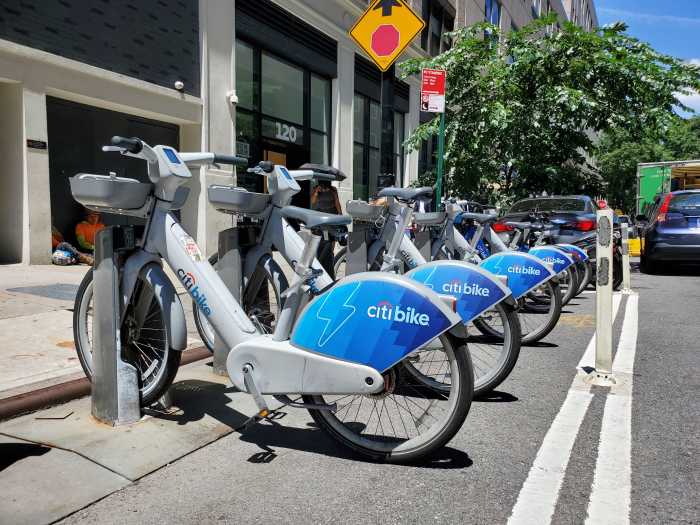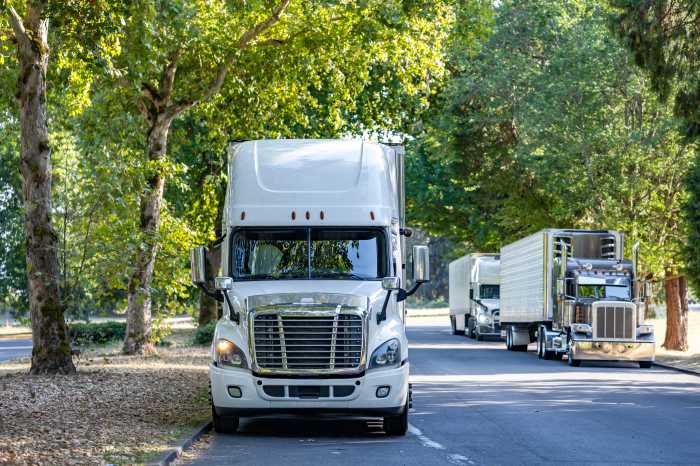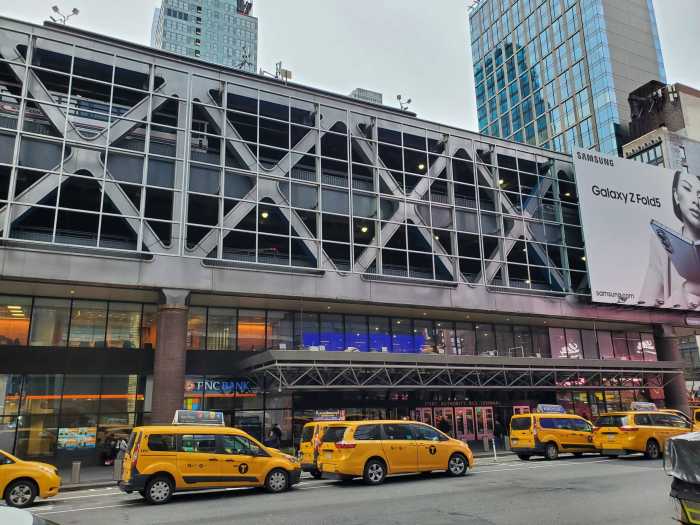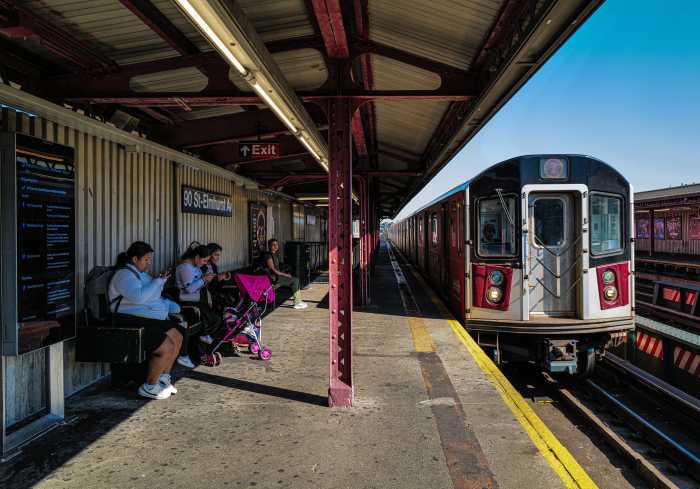
New York will be the first state in the country to institute a congestion pricing policy, a plan that aims to decrease traffic in Manhattan’s busiest neighborhoods while increasing funding for mass transit improvements.
State lawmakers on Monday passed legislation within the budget that sets the stage for tolls on drivers who travel below 60th Street. However, many of the important details of how congestion pricing will work still need to be hammered out by state officials.
Here’s what we know, so far, about the congestion pricing plan.
How much will the toll on drivers be?
The legislation did not specify a price point for tolling drivers. A committee of six people, dubbed the Traffic Mobility Review Board, will convene and release a recommendation on pricing next year. The MTA’s Triborough Bridge and Tunnel Authority will then set the toll price.
Where is the congestion pricing zone?
Drivers who enter Manhattan below 60th Street will be tolled, except those traveling on the West Side Highway, FDR Drive and Battery Park underpass. Motorists will only be charged once a day.
Is there any relief for those who live in the tolling district?
The legislation includes credits for drivers who live in the congestion pricing zone who make under $60,000 a year. MTA chairman Patrick Foye said the authority could exempt people who live on the border of the tolling district but park within it because of alternate-side parking rules.
When will congestion pricing start?
The deadline to implement the plan is December 2020, but tolling could begin earlier than that.
How much money will congestion pricing generate?
Tolling drivers is expected to generate about $1 billion a year. The MTA could bond against that $1 billion to turn it into $15 billion, although that move would not help the authority’s debt service.
Where will the revenue go?
The funds will be secured in a "lockbox" meant only to be used for MTA capital projects.
What will the funding be used for?
At least part of the money will be put toward actualizing the MTA’s Fast Forward plan, a 10-year, $40 billion initiative to modernize the subway system as well as bus and accessibility services.
How will congestion pricing be enforced?
The MTA put out a request for proposals on how to implement tolling without having to install cashless tolling infrastructure to scan vehicles. Some possible solutions include connecting to vehicles through global satellite tracking systems, roadside readers that utilize Bluetooth technology and tapping into smartphone GPS systems.
What’s still undecided?
The devil is in the details when it comes to actualizing congestion pricing. While the legislation offers a blueprint and timeline, the city and state need to decide how much tolling will be; if tolls will be different for different times of day; what technology and infrastructure will be used for enforcement; how officials will decide who should be exempt from tolling; when, exactly, tolls will start; and more.
Where do NYC politicians and advocate groups stand?
While Gov. Andrew Cuomo and — more recently — Mayor Bill de Blasio support congestion pricing, many politicians representing the outer boroughs have criticized the plan and its potential impact on car-dependent commuters who live in so-called transit deserts. Here’s what politicians are saying now that the legislation has passed:
De Blasio: "I endorsed congestion pricing because I knew — if done right — it was our best hope at getting the trains moving and ending the suffering our riders face every day. This budget represents a giant step in the right direction. With a guaranteed lockbox for New York City riders, fairness for the outer boroughs, and exemptions for people experiencing hardships, I am confident this dedicated revenue stream will go a long way toward fixing the MTA’s broken subway system."
Cuomo: "I’m not going to ask New Yorkers for more money for the MTA unless I know there’s a better management system at the MTA. And this does both."
State Sen. Gustavo Rivera: "This budget is finally making a real commitment to address the chronic infrastructure issues facing our crumbling public transit system, including the New York City subways, the Long Island Rail Road and Metro North. New York will be the first state in the nation to implement congestion pricing to reduce traffic, and protect our environment, all while generating an estimated $15 billion for MTA improvements. We will also increase accountability and transparency of the MTA by requiring it to undergo an independent audit and efficiency review."
AAA Northeast: "It’s unconscionable that drivers will pay to fix trains and get nothing toward repairing the roads."
Partnership for New York City: "A study commissioned by the Partnership found that excess traffic congestion costs the region $20 billion a year in delay and lost productivity. The actions taken in this budget position New York at the forefront of modern urban mobility solutions."
Transportation Alternatives: "The plan outlined in the state’s 2020 budget is just the first step. Now it’s up to the Triborough Bridge and Tunnel Authority (TBTA) to implement a pricing program that minimizes exemptions, discourages unnecessary driving and raises revenue to fix the transit system."
Regional Plan Association: "Congestion pricing is the right solution at the right time, and it is only fitting that New York City be the first city in the U.S. to incorporate it."
Tech:NYC: "Congestion pricing doesn’t just mean an improved subway and more open streets. It means a more efficient city, which will support our growing economy and increase New York’s standing as a global hub for technology."
An earlier version of this story inaccurately outlined which residents would be eligible to receive toll credits under the budget’s congestion pricing plan.
With Vincent Barone




































